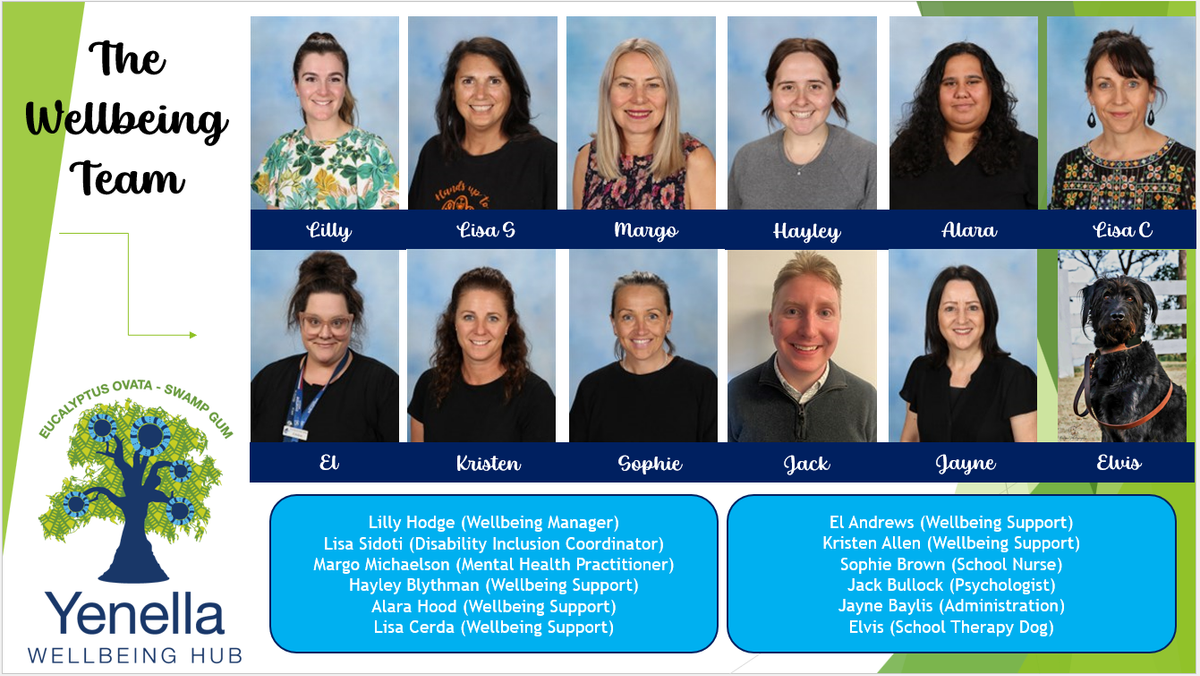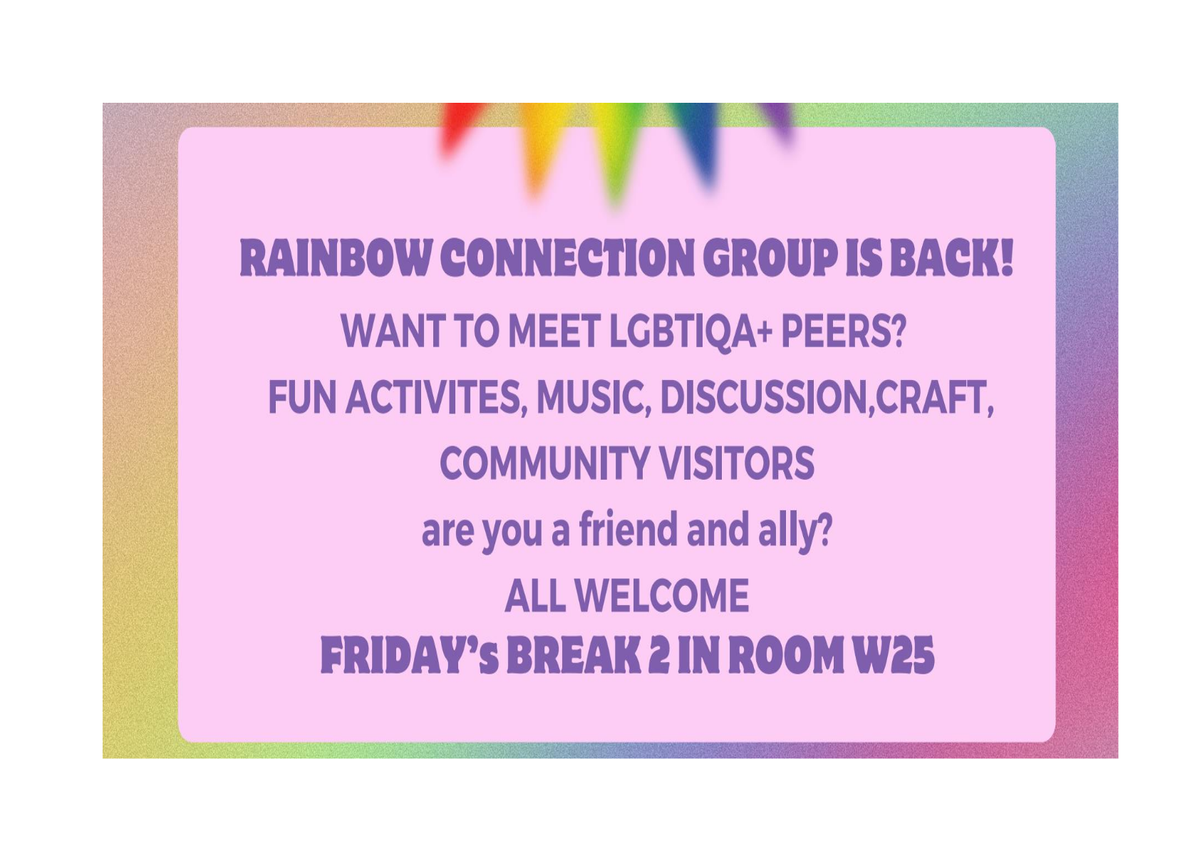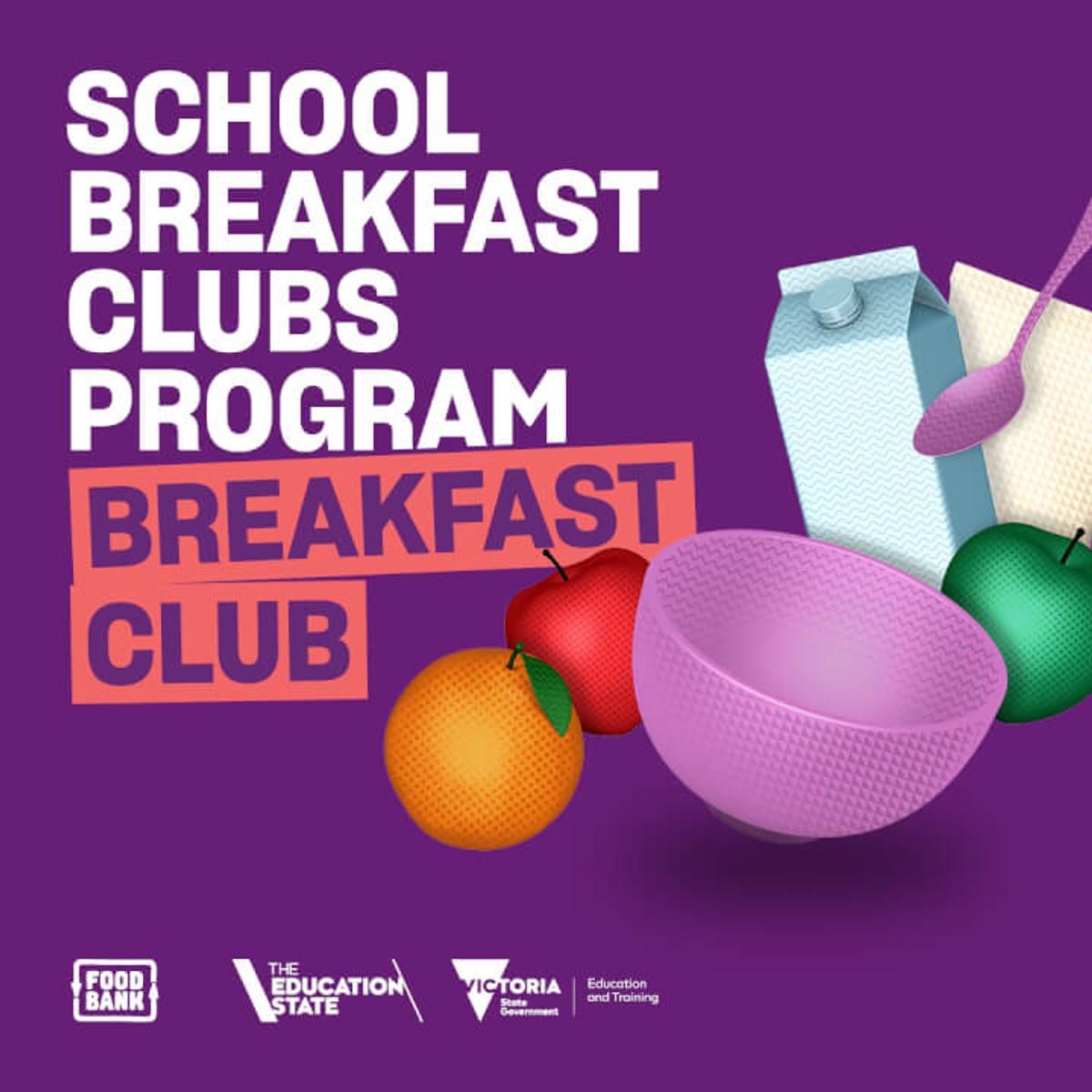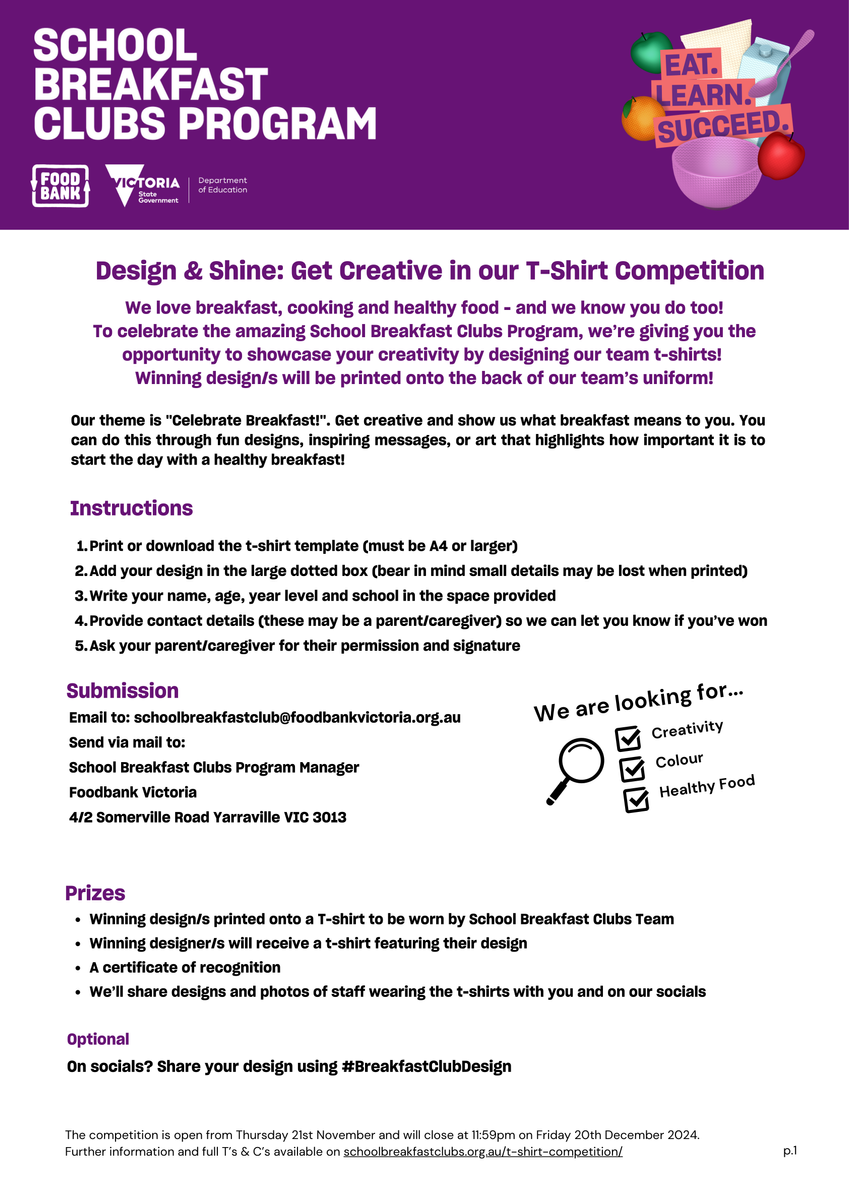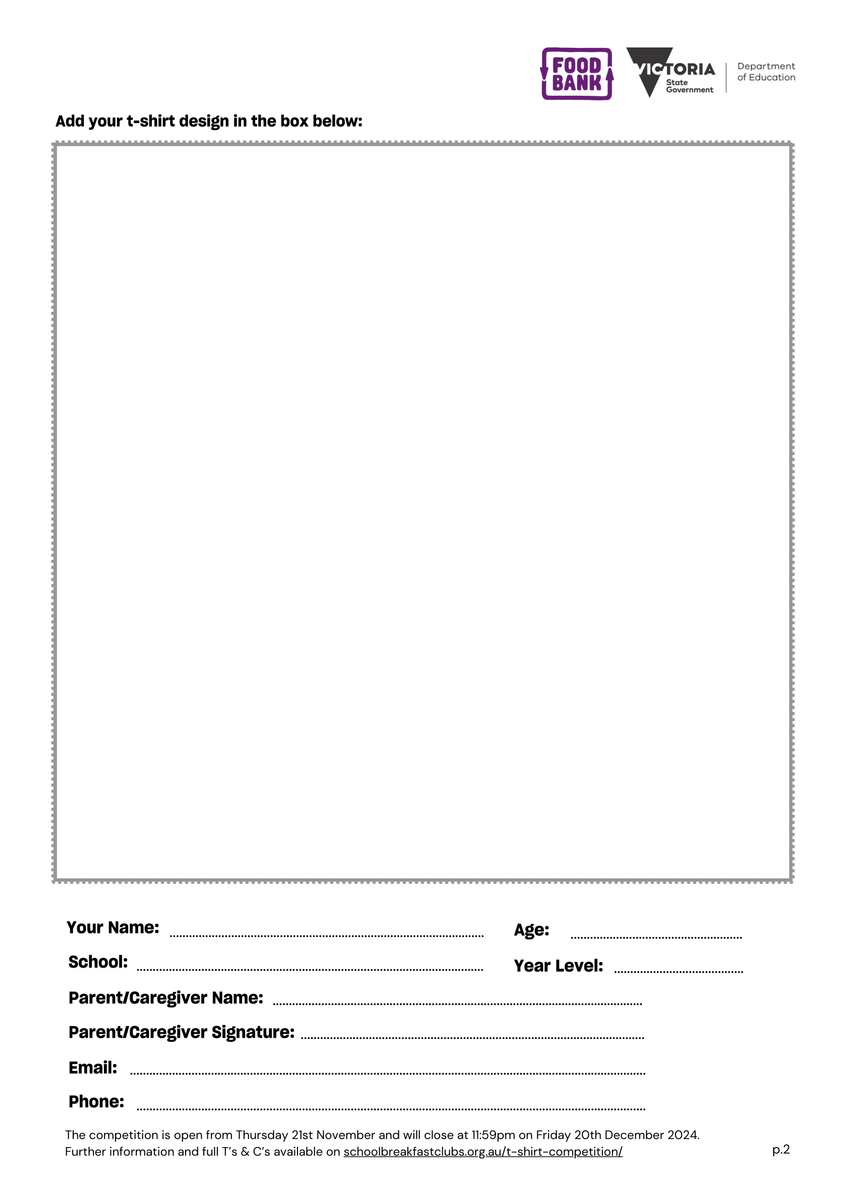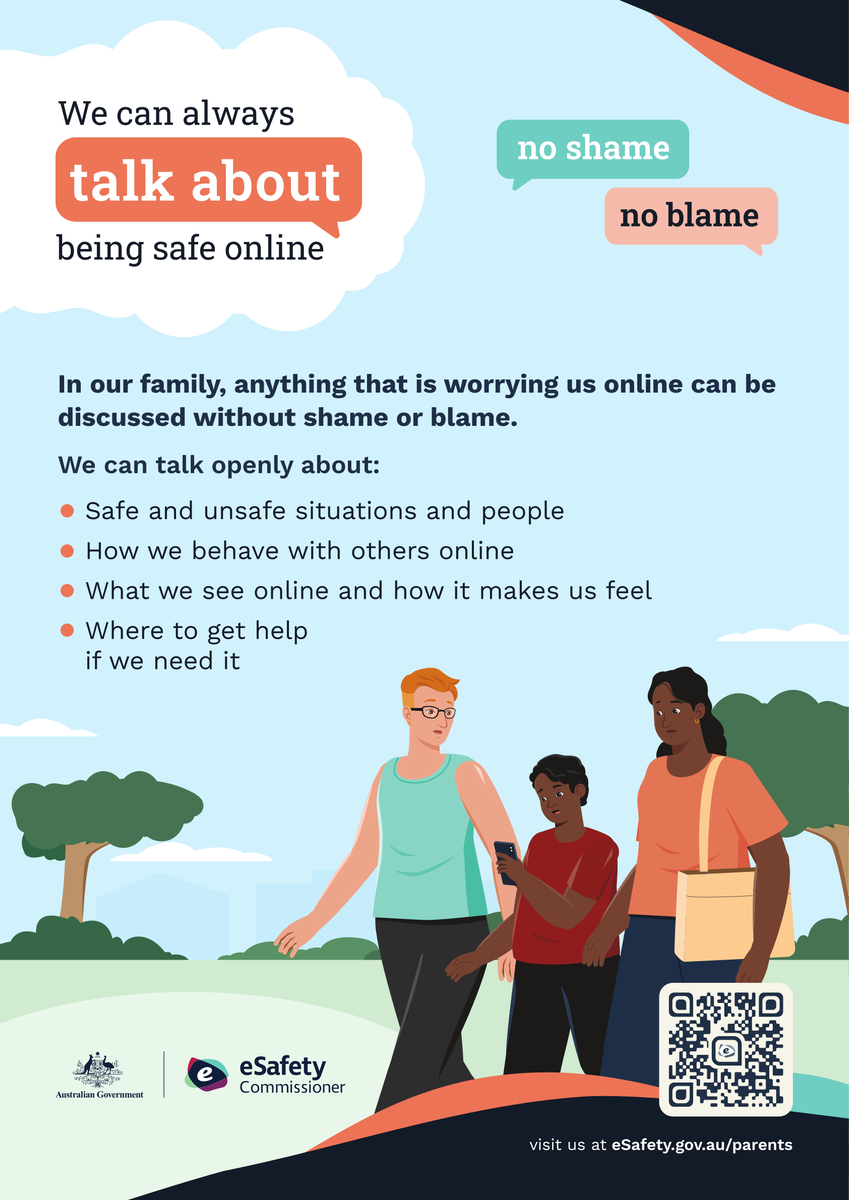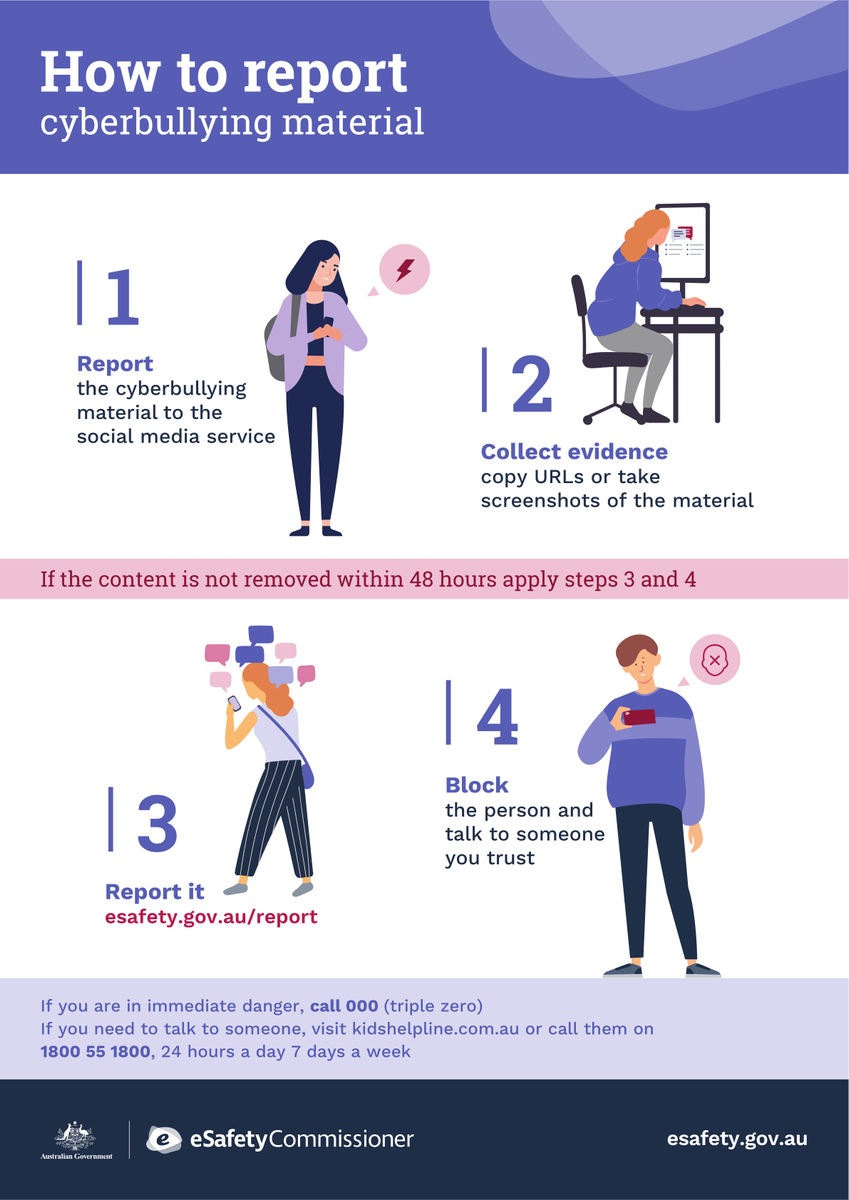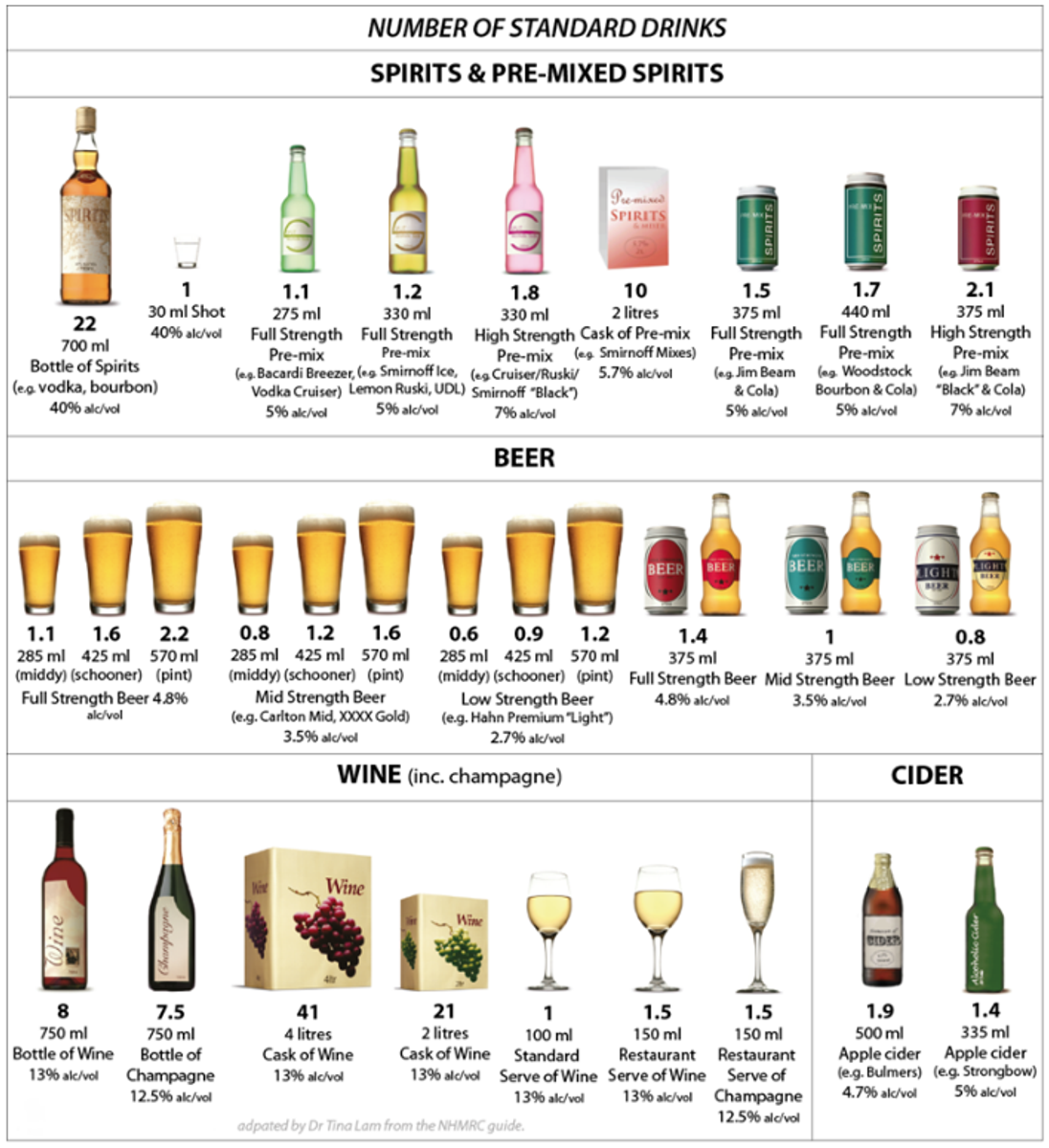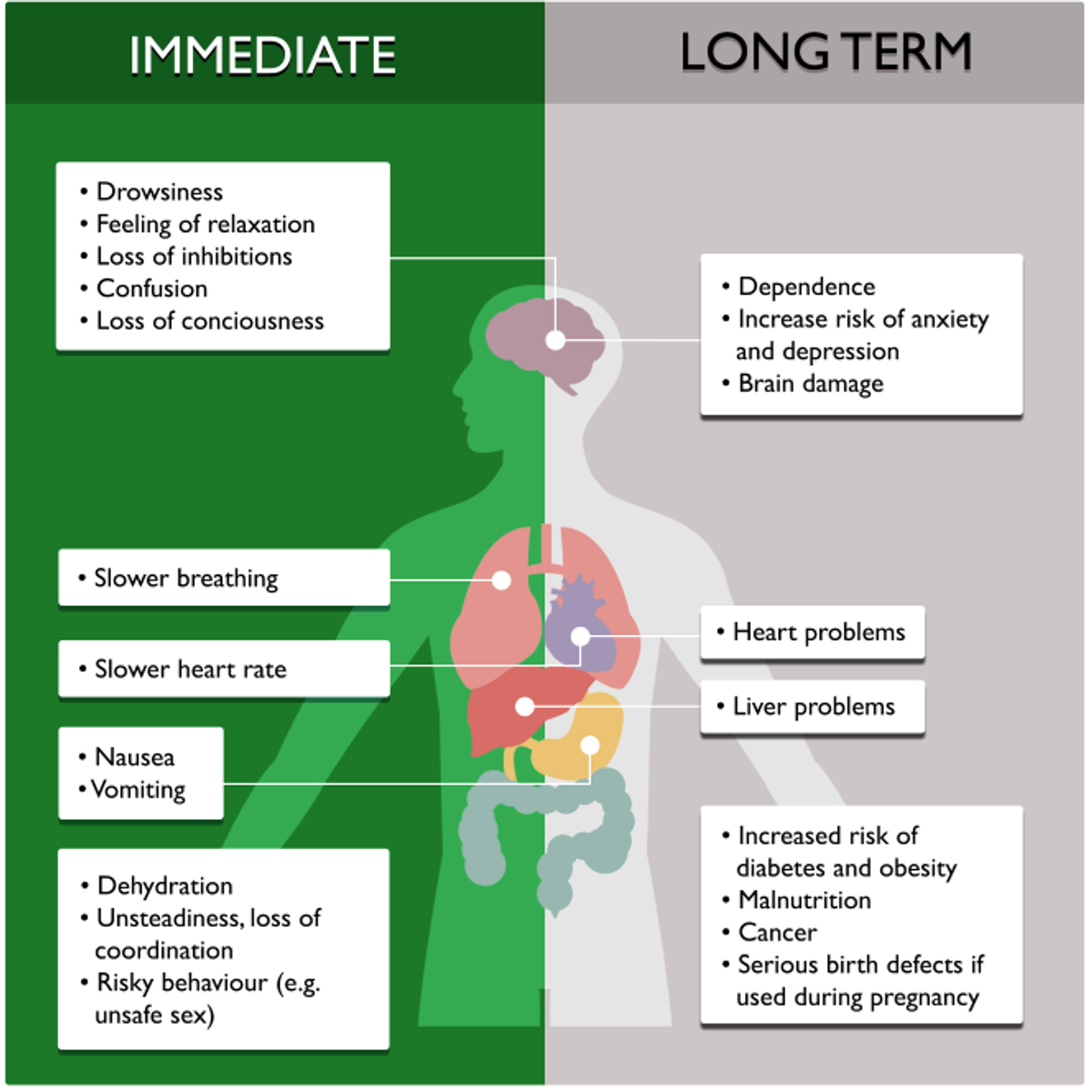Wellbeing
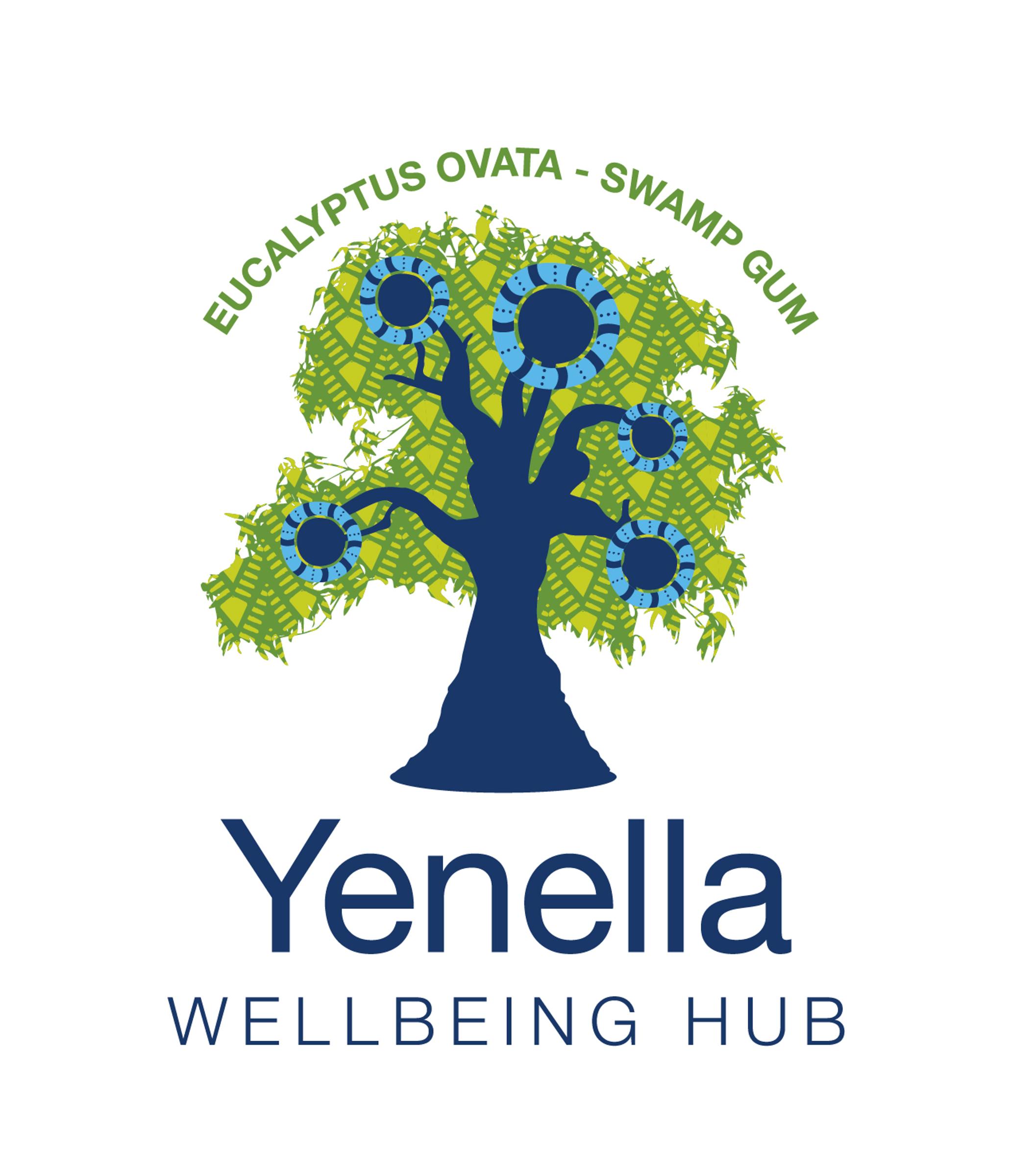
Our last Rainbow Connection Group event will be held on Friday 29th November .. come along to celebrate the year with a special guest onsite!!
T-SHIRT DESIGN COMPETITION
We love breakfast, cooking and healthy food – and we know you do too!To celebrate the amazing School Breakfast Clubs Program, we are inviting students from Victorian Government Schools who are running the School Breakfast Clubs Program, to design our t-shirts.Our theme is ‘Celebrate Breakfast!’. We encourage students to explore this theme through their designs, whether through bold graphics, inspiring messages, or artistic expressions that reflect the spirit of the School Breakfast Clubs Program and the importance of starting the day with a positive, nutritious foundation. Winning design/s will be printed onto the back of our team’s uniform!
Competition details and terms and conditions below. Happy designing!
E-SAFETY ONLINE
In Australia, kids and teens regularly use the internet for learning, entertainment, and socialising. Online technologies are being used by many organisations to communicate with children and young people and provide services to them. Even though most individuals use modern technology for good, there is still a chance that children and teenagers will come across unsuitable or dangerous content, cyberbullying, or unwanted stranger contact. It is crucial that kids and teens, their guardians, and businesses that work with kids online are prepared to handle these dangers, address them, and shield young people from harm online. Below are just a selection of resources and links for both students and parents:
- Talking about online child sexual abuse with 13 to 18 year olds | eSafety Commissioner
- Every-Online-Safety-Conversation-Matters-parents-advice-sheet-ENG.pdf
- Cyber Safety for Kids | ChildSafe Australia
TOOLS AND APPS FOR YOUR MOBILE PHONE
Did you know that there are countless professionally reviewed mobile apps and tools designed to help you look after your health and wellbeing. Topics include:
- Anxiety, depression and stress management
- Boosting fitness
- Controlling panic attacks
- Checking in on friends
- Improving relationships
- Staying positive and increasing happiness
- Self-harm
- Achieving goals and embracing challenges
- Being healthier
- Eating disorders
- Being kinder and helping others
- Sleeping better
- Enhancing concentration
- Quitting smoking, drinking and vaping
- Learning new skills
- Overcome fears
Visit: https://au.reachout.com/tools-and-apps for more information
YOUNG PEOPLE AND ALCOHOL
What is alcohol?
Alcohol is a colourless liquid contained in wine, beer, spirits and other alcoholic drinks. Alcohol is a depressant because it slows down the way your brain relays information to the rest of the body. The legal age to buy alcohol in Australia is 18 years of age. Types of alcohol include:
- Beer
- Wine, including sparkling (fizzy) wines
- Cider
- Spirits (e.g. vodka, gin, rum, bourbon, whisky)
- Liqueurs (e.g. coffee, hazelnut or melon flavoured alcohol)
- Pre-mixed drinks, also known as ready-to-drinks (e.g. cans of bourbon and cola, bottles of vodka or rum mixed with soft drink, vodka mixed with chocolate milk)
- Fortified wines (e.g. port, sherry)
How long do the effects of alcohol last?
The effects of alcohol vary greatly from person to person and depend on things like gender, age, size, mood, medical conditions, and whether it is taken together with other drugs.
What are the effects of alcohol?
Alcohol is the most commonly used recreational drug in Australia. After tobacco, it is the second leading cause of drug-related death and hospital admissions. Some harms are linked to drinking too much on one occasion (e.g. injuries, unsafe sex, alcohol poisoning) while other harms are linked to regular drinking (e.g. liver problems, addiction).
The effects of alcohol can be immediate or long-term, as listed in the table below.
Young people and alcohol
The human brain is still developing and maturing well into the 20s. Research findings show that drinking alcohol during the teenage years can disrupt healthy brain development. For this reason, teenagers are advised to avoid drinking for as long as possible. Starting to drink at an earlier age also places young people at greater risk of developing alcohol-related problems later in life.
When alcohol is absorbed, it is distributed throughout the water held in a person's body. On average, young people have a smaller body mass than adults and so have less water. This means that in a younger person there is less water to dilute the alcohol, so the alcohol will have a greater effect. Younger people may lack experience of drinking and might not know how it will affect them. When young people do drink, it is often out with friends in a situation where they are at high-risk of accidents or injury.
Alcohol use among young Australians
The use of alcohol among young people aged 12-17 has been declining over recent years. In 2022-2023 only 22% of young people used alcohol in the past month. Additionally, more young people in Australia are choosing not to drink. The number of young people who never consumed alcohol has increased from one in four (26%) in 2011 to one in three (35%) in 2022-2023.
Rates of high-risk drinking among young people, however, remain high.
While any alcohol consumption is risky for teenagers, high-risk drinking is defined as drinking an amount that increases the risk of accident or injury. Among young people who drink, one in two report drinking five or more alcoholic drinks in a single session in the past month (46%).
Among young people who had drunk alcohol, one in four reported they did something they later regretted (24%) and most (54%) could think of at least one negative outcome related to their drinking, such as vomiting, using other drugs or getting into an argument.
More than one in five (21%) or 4.5 million Australians were victims of an alcohol-related incident in 2019. This includes feeling fearful of someone who is under the influence of alcohol, as well as verbal, physical and sexual assault. Drinking alcohol increases the risk of being a victim of assault as it is harder to assess the risk involved in a situation after drinking.
It is important that young people understand the effects of alcohol and the potential negative consequences so that they can make informed decisions.
Article credit# Positive Choices: Drug and Alcohol Education - Get informed, stay smart, stay safe - Positive Choices

